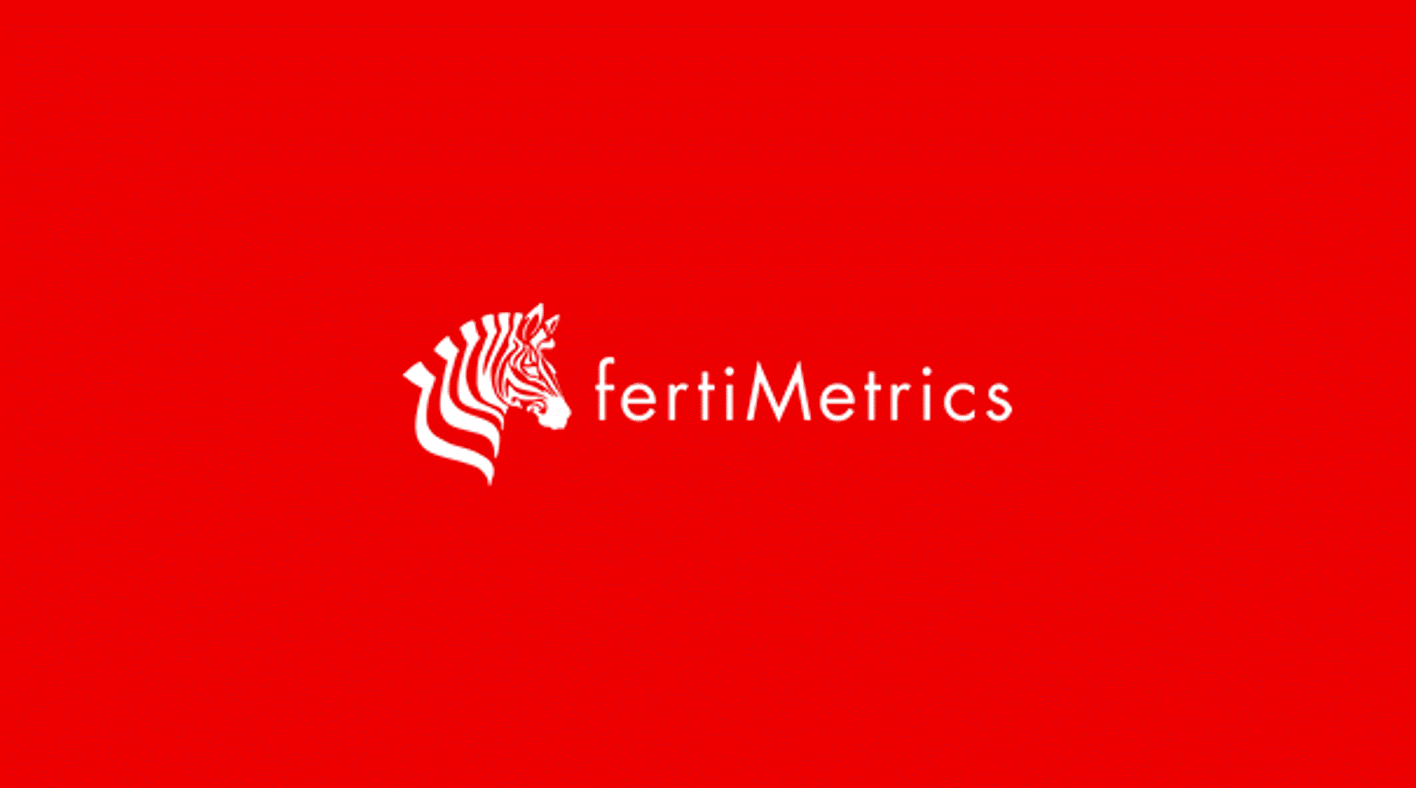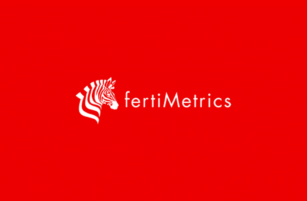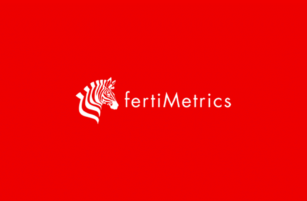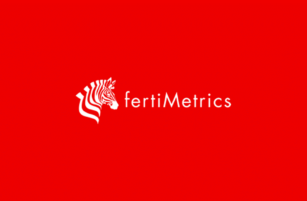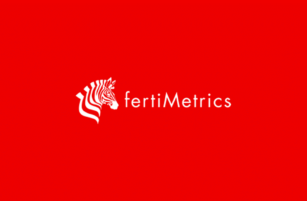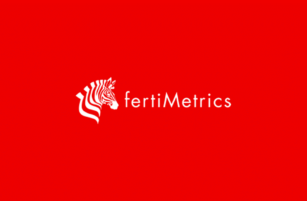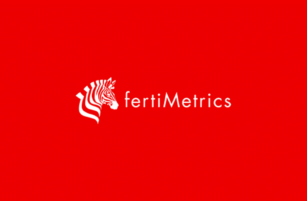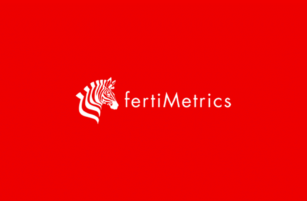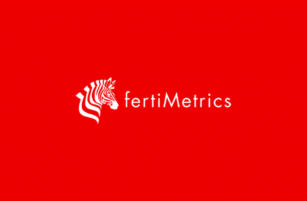Insight Focus
The urea market is strong, led by Indian demand. Phosphate prices face pressure from China’s supply limits and India’s import needs. Potash remains weak due to oversupply, while ammonia prices may rise due to Middle East production outages.
Qatar Investment Could Reshape Urea
In major news, Qatar Energy has announced plans to build a new urea production complex by 2030, doubling its urea production capacity to 12.4 million tonnes. This could mean a restructure of the entire urea industry with marginal producers seeing the end of their urea production. Particularly, carbon-based producers in China would have to worry. Concurrently, India is looking to become self-sufficient within the next few years. Indeed, there are interesting times ahead.
The Indian agency NFL has received 1.17 million tonnes in firm offers to date for its urea tender. The lowest offers were submitted by Ameropa and OQ Trading. These were at USD 349.88/tonne CFR India east coast and USD 340/tonne CFR India west coast, respectively.
The international urea market reacted immediately with urea prices in major supply and demand points increasing, albeit marginally. This tender, plus a price increase in agriculture commodities soybeans, corn and wheat on the Chicago Board of Trade, could imply that a rally in fertilizer prices in general is possible.
Egyptian granular urea prices increased from USD 340-351/tonne FOB for shipment in September. Baltic prilled urea netbacks from India reflect a level of USD 285-290/tonne FOB, while latest sales to Latin America net back to USD 300/tonne with indications to Europe up to USD 310/tonne FOB.
Middle Eastern netbacks from the India tender reflect prices in the range of USD 323-330/tonne FOB with producers now very comfortable for the next couple of months and in no rush to sell.
Urea prices in Brazil jumped and rose to USD 344-355/tonne CFR with the higher end reflecting smaller volumes. Argentinean CFR prices also went up now at USD 370-375/tonne CFR. Imports of urea into Argentina to date has been 568,000 tonnes, up from last year’s 308,000 tonnes. NOLA US prices increased by USD 6/short ton (USD 6.60/tonne) FOB barge to between USD 312-318/short ton (USD 343-350/tonne).

EABC of Ethiopia has announced a 250,000-tonne urea tender closing on September 17. Iranian urea producers appear to be struggling to sell and have lowered FOB prices in order to get closer to bids at USD 290/tonne FOB.
The outlook for the urea price is bullish on the back of the India tender results, buyers in Brazil and Europe coming back to the market, and improved farm affordability on rising agricultural commodity prices.
Indian Processed Phosphate Price Sags
The processed phosphate market is all about what happens in India and the latest DAP sale reported is 100,000 tonnes from Ma’aden at USD 620/tonne CFR. The sale matches previous sales by Russian producers and OCP of Morocco but is substantially below trader offers at USD 630-635/tonne CFR with sourcing from China.
The latest price indications are up to USD 130-135/tonne CFR on Indian DAP prices just over three months ago and reflect at least a USD 80/tonne loss for buyers to import and sell inland after the special INR 3,500/tonne (USD 41.70/tonne) special support rate.

In Brazil, slow demand for MAP is still being met by lack of availability until later in the year with loadings from OCP and Saudi Arabia. Prices are again reported flat at USD 635-640/tonnes CFR.
Slow Potash Demand Curbs Growth
Global potash prices barely budged this week, although softer undertones emerged in Brazil amid an oversupplied market and logistical issues. Brazilian spot prices stayed at an average of USD 295/tonne CFR again this week in a bearish market. Bids reached as low as USD 280/tonne CFR, with some market players now suggesting USD 285/tonne CFR is available in the market. Still, this was dismissed by producers and no firm sales were reported at this level.

The Southeast Asian market had another slow week as players awaited the results from the latest Pupuk Indonesia tender for some fresh input. Average standard potash prices increased a modest 1% after the China potash import contract was settled on July 9 but have remained stagnant since August 22. Pupuk Indonesia received four offers for the tender, lying between USD 303-304/tonnes CFR, which is significantly higher than current sMOP prices.
Rumours are circulating that the tender will be scrapped due to the elevated offer prices, according to market sources. Still, an uptick in demand is expected at the end of September, which is then anticipated to ramp up by October.
The general outlook for the potash market is bearish on the back of ample supply and slow demand.
SE Asia Could Find Ammonia Sales in Americas
The ammonia market this week was rather quiet with few spot deals reported. Another shutdown at the Ma’aden complex could remove as much as 150,000 tonnes from the market, which would be a worry for Indian buyers.

Concurrently, the market is long in Southeast Asia and there was speculation that ammonia could be moved to Europe and even the Americas — the latter being an unusual move for Indonesian products.
In other news, the Odessa Port Plant (OPZ) has restarted ammonia production mostly to make urea but already ammonia is being offered for export. Some consider the re-opening of the plant a gutsy move in view of the conflict with Russia with missiles still flying.
The outlook for the ammonia price is steady with Southeast Asian producers benefitting from outages in the Middle East.
